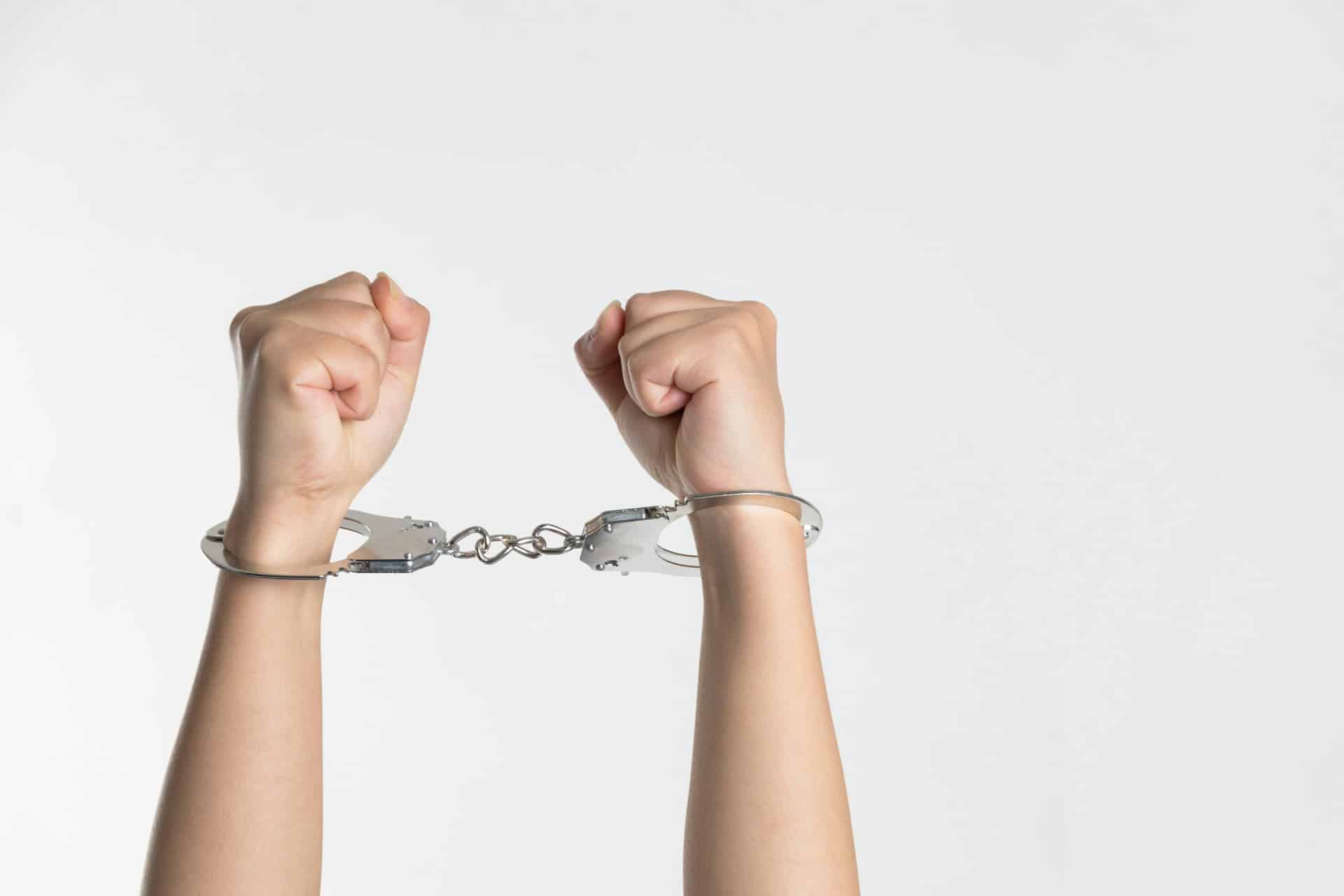
06 Mar What Is Criminal Intent, and How Does It Affect a Case?
In legal terms, intent is the mental objective behind an action. Criminal intent is often the basis of establishing guilt in a case and can be broken up into four categories: acting knowingly, purposely, recklessly, and negligently. The type of action taken determines your level of guilt or culpability.
How Criminal Intent Affects a Case
The punishments for a crime change according to the type of intent. For example, negligence and recklessness often have the fewest consequences, because while the action resulted in breaking a law, you were not acting with the intent to break it. However, knowingly and purposely breaking a law has more severe punishments, because you understood what you were doing. If the prosecution can prove you’ve put time and intention into your crime, your sentence will be harsher.
Examples of Criminal Intent
Negligence
You are in a rush to get to work on a summer day. Your infant falls asleep and you forget they are in the back of the car. At the end of your workday, you find them and call for help.
This is considered negligent homicide, which is a class 4 felony. Consequences range from 1 year to 15 years in prison, the possibility of parole or probation, and fines, fees, and restitution.
Recklessness
Your front bumper is being held on by duct tape. You know it might fall off, but you continue with your drive anyway. While on the highway, your high speed makes it come off and causes an accident. Someone dies.
If your reckless actions caused the death of someone else, this is known as manslaughter, which is a class 2 felony. The consequences are 3 years to 35 years in prison, with the possibility of parole, along with fees, fines, and restitution.
Knowingly and Purposely
You find out your spouse is cheating. You make a plan to murder your partner and hide the body.
This is known as first-degree murder, and it is a class 1 felony. This class of felony is the only one in Arizona that does not have a minimum or maximum sentence. This means that if you are on trial for a class one felony, the punishment is completely at the discretion of the judge and jury.
Why Hiring a Certified Criminal Attorney Is Important
While this might all sound very black and white, it is important to remember that our actions are often shades of gray. This is where a lawyer will help you in your defense. Regardless of your intent, you need a certified criminal defense attorney if you are being charged with a crime. Many crimes in Arizona could land you with a misdemeanor or felony on your record. Often these can land you in jail or prison, paying out of pocket for fines, fees, or restitution, or struggling to find a job or housing after a conviction.
Todd Coolidge has over 25 years of experience in the Arizona justice system. With excellent testimonials and a belief that every case deserves his attention, he could be the difference between walking free and spending time behind bars. Contact us today for a consultation on your case.
Images used under creative commons – commercial use (3/5/24). Photo by niu niu on Unsplash.




